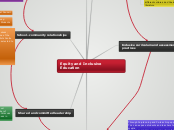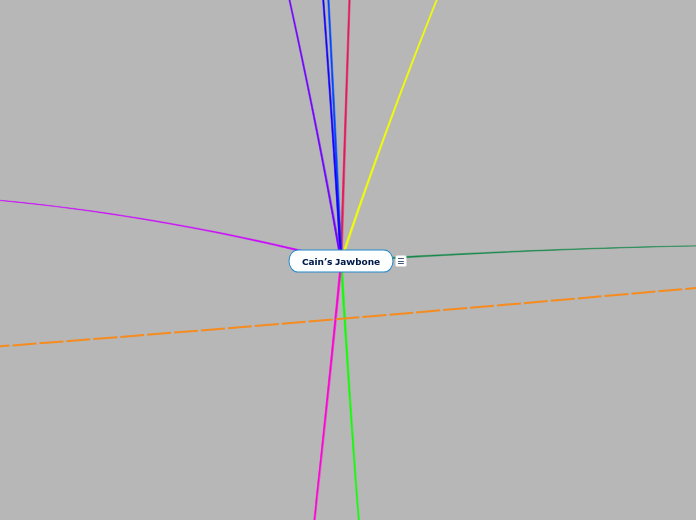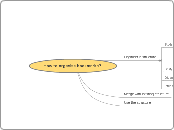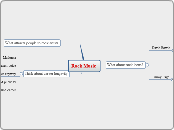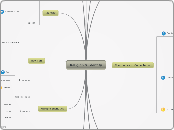по Ioannou William 8 лет назад
1233
Equity and Inclusive Education
Emphasizing the importance of equity and inclusive education, diverse literature plays a crucial role in reflecting varied learning communities. A significant issue arises when only a single narrative is presented, leading to the misconception that people from different cultures do not belong in literature.
